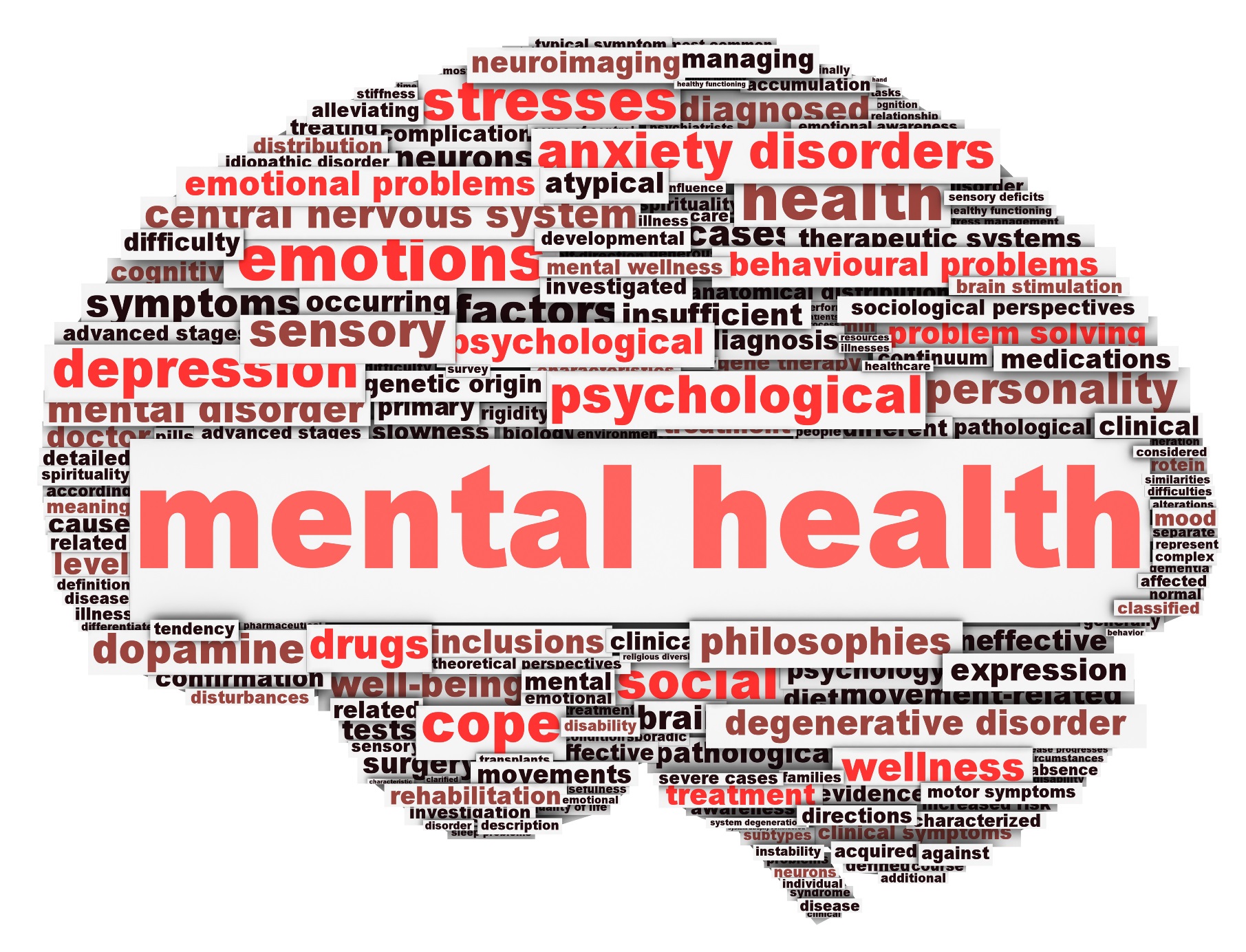Detailed Mental Health Services: Sustaining Your Health
Detailed Mental Health Services: Sustaining Your Health
Blog Article
Recognizing the Effect of Exercise on Mental Health and Overall Wellness
In the world of psychological health and overall health, the value of exercise is a diverse subject that requires expedition. Beyond its physical advantages, the impact of exercise on one's psychological health has actually been a topic of expanding interest and research. The elaborate interplay between physical activity and emotional well-being unveils a range of positive end results that extend far past the confines of a fitness center or a running track. As we browse through the intricacies of this relationship, a much deeper understanding of exactly how workout influences our mindset and general wellness arises, clarifying the extensive ramifications it holds for our day-to-days live and lasting wellness.
Advantages of Exercise on Mental Health And Wellness

Regular physical exercise has been revealed to significantly improve psychological wellness results in individuals of all ages. Involving in routine workout not just advantages physical well-being but also plays an important role in boosting psychological health.
Furthermore, workout has actually been linked to enhanced cognitive function and general brain health (Mental Health Services). Studies have shown that routine exercise can improve decision-making, memory, and focus abilities. It can additionally add to a reduction in the threat of cognitive decline as individuals age. Additionally, workout promotes much better sleep patterns, which are vital for preserving great psychological health and wellness.

Link In Between Exercise and Anxiety
Exercise offers as a powerful device for easing stress and anxiety and promoting mental health by facilitating the launch of endorphins and fostering a feeling of relaxation and restoration. When anxiety levels increase, the body's fight-or-flight action is set off, leading to increased cortisol levels. Routine physical task helps neutralize this reaction by lowering cortisol degrees, which in turn relieves stress. Workout advertises the manufacturing of endorphins, typically referred to as the body's natural painkillers, which act as state of mind elevators and tension reducers.
Taking part in physical task also provides a diversion from everyday stress factors, allowing people to concentrate on today moment as opposed to ruminating on sources of stress. In addition, exercise can boost self-worth and self-confidence, offering a feeling of success and control that can fight feelings of vulnerability typically connected with anxiety. By including exercise into a regular routine, individuals can successfully manage stress and anxiety degrees, resulting in boosted psychological health and overall top quality of life.
Impact of Exercise on Mood
The relationship between workout and state of mind is well-documented, with numerous studies highlighting the positive effects of physical task on psychological wellness. Additionally, regular workout can lead to boosted self-confidence and a sense of success, which can further boost one's general state of mind.
Furthermore, the influence of workout on mood prolongs past just the instant post-workout period. Research suggests that people that preserve a regular workout regimen are much more likely to experience lasting improvements in their state of mind and psychological state. This can be attributed to the structural modifications in the mind that occur as an outcome of regular physical task, such as enhanced connectivity visit site in between mind regions accountable for managing emotions.
Workout and Cognitive Feature
Numerous studies have demonstrated the considerable effect of physical activity on cognitive feature, highlighting the intricate connection between exercise and psychological procedures. Taking part in regular exercise has actually been revealed to improve different aspects of cognitive feature, including memory, focus period, problem-solving skills, and general mental acuity. Physical activity boosts the release of neurotransmitters such as dopamine and serotonin, which play vital functions in cognitive feature and mood regulation. Additionally, workout advertises the growth of new mind cells and enhances the connections between them, causing enhanced cognitive efficiency.
Moreover, consistent physical task has been linked to a minimized threat of cognitive decline and neurodegenerative diseases such as Alzheimer's. Research studies suggest that individuals that keep an energetic way of life throughout their lives experience slower rates of cognitive decline compared to those who are inactive. In general, the proof extremely sustains the concept that normal workout is not only beneficial for physical health and wellness however also plays an important duty in protecting and boosting cognitive function.
Methods for Including Exercise
Embracing a structured technique to integrating physical activity right into daily regimens can substantially enhance the possibility of preserving a regular workout regimen. Furthermore, incorporating workout into existing routines, such as strolling or biking to function, taking the stairs instead of the elevator, or organizing regular exercise sessions, can aid make physical activity a regular part of go to these guys everyday life.
An additional useful method is to locate activities that are pleasurable. Whether it's dancing, yoga, cycling, or swimming, taking part in tasks that bring satisfaction increases the possibilities of sticking to the workout regimen in the long run. Varying the types of workouts and setting aside time for both cardiovascular and strength-training activities can prevent boredom and offer a holistic method to physical fitness.
Including exercise into social activities, such as joining a sports group or workout group, can also foster a feeling of community support and responsibility, making it less complicated to stay dedicated to regular workout. By applying these strategies, individuals can develop a lasting and fulfilling workout routine that advertises mental health and wellness and total health.
Verdict
In conclusion, workout has many benefits for mental health and wellness and total health. By recognizing the effect of exercise on mental wellness, people can take proactive steps to prioritize their physical activity and reap the positive results on their emotional and psychological state.

Report this page